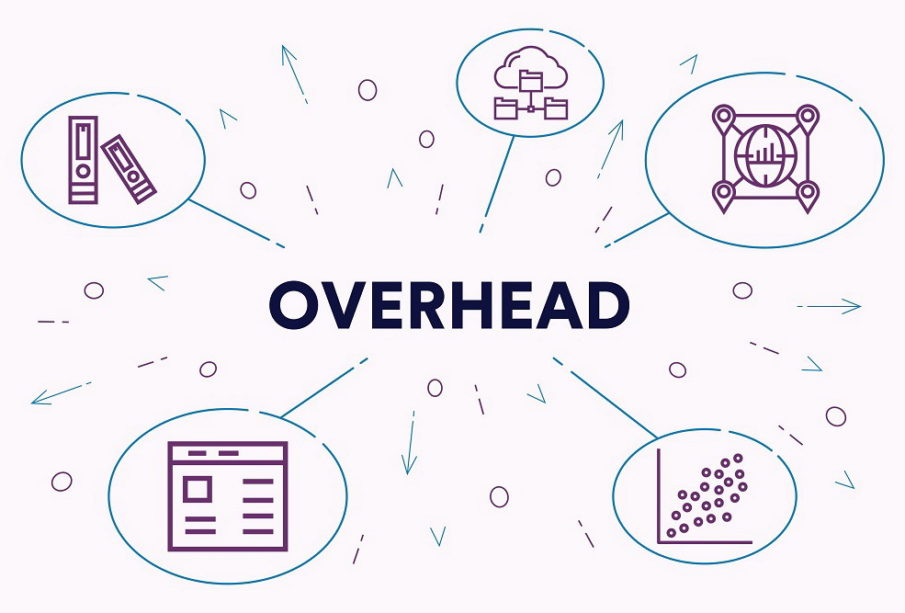Business 101: What You Need to Know About Overhead

It costs money to run a business. Some types of businesses require a smaller investment than others, but all businesses require at least some investment. That is just the way it works. For new entrepreneurs, understanding the costs of doing business is partly rooted in understanding overhead.
If you are just getting started in the business world, the extent to which you understand overhead will determine your profitability. Simply put, overhead represents a drain on your revenues. Therefore, it is important to keep it in check. Controlling overhead reduces the cost of doing business. By extension, it turns more revenues into profit.
Here is what you need to know about overhead:
1. What It Is
Every expenditure a business incurs is either directly related to core products and services or completely separate from them. Overhead constitutes that second category. Overhead covers all of those costs that are not directly related to providing customers what they want.
Let’s say you’ve started a retail eyewear store. You’ve chosen Olympic Eyewear as your sunglasses wholesaler. You buy a ton of bulk sunglasses and store them in a warehouse. The sunglasses themselves are not overhead; they are inventory. They are the product you sell. However, the warehouse space is overhead because it is completely separate from your core products. It doesn’t generate revenue.
2. How It Affects the Bottom Line
Now that you know what overhead is, you need to know how it affects the bottom line. And just in case you don’t know, the bottom line refers to your profit or loss at the end of the year. It is the last line on your annual balance sheet.
Overhead affects the bottom line by forcing you to tie up cash in something that you cannot sell to customers. You can sell those wholesale sunglasses all day long at higher retail prices. But you cannot sell the warehouse space. Meanwhile, you are still spending money every month to rent that space.
This is why it’s so important to control overhead. You want to spend as little as possible on those things that do not generate revenue. Why? Because overhead represents a revenue drain.
3. Overhead Can Ruin a Business
Because overhead represents a revenue drain, it can ruin a business. It all boils down to margins. A margin is the percentage of a company’s total revenues that constitute profit. If your overhead is too high, your margin may be too low. It may not be worth sticking with it if you cannot reverse the trend.
4. Overhead Must Be Accounted For
One last thing to know about overhead is that you must account for it. In other words, you are going to include overhead costs in your annual accounting statements. You will account for overhead when you’re filing your taxes. Every dime you spend on overhead must be accounted for in order to comply with the law.
In practical terms, this means you have to keep track of every detail of every expenditure. That warehouse space you are renting should come with a clearly defined lease and either monthly or annual payments. You should get receipts for every rental payment you make. Rest assured your accountant will need accurate records when it comes time to pay your taxes.
Overhead is a necessary part of doing business. Every business encounters it, whether you’re talking small companies, mid-sized businesses, or global corporations. The key thing about overhead is keeping it under control. Contain your overhead costs and you will be in a much better financial position. Fail to contain them and they could overwhelm your business.











